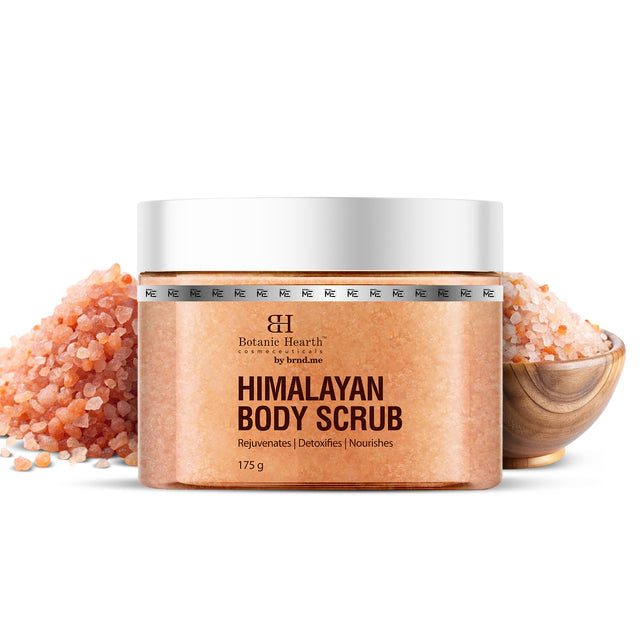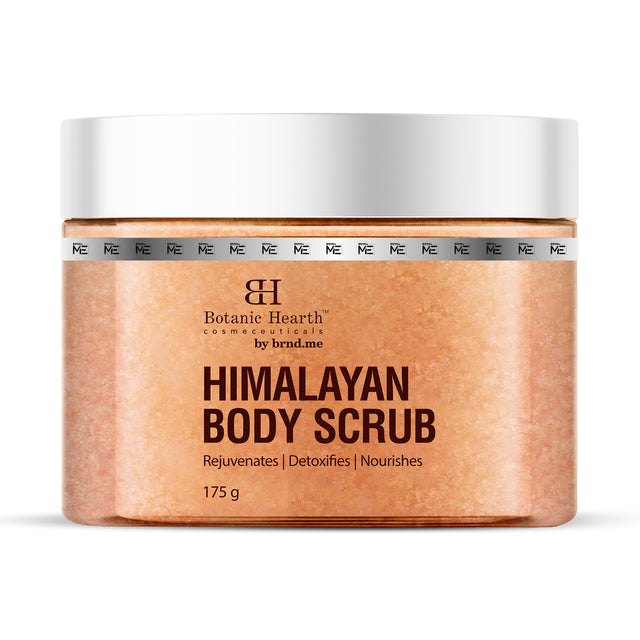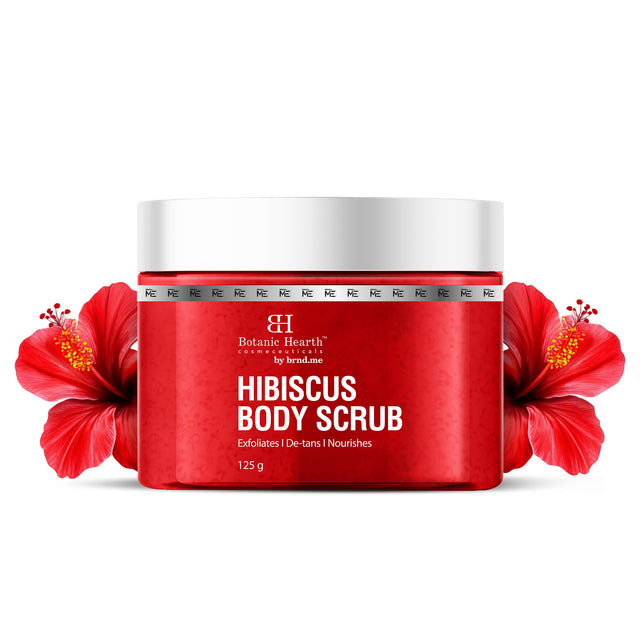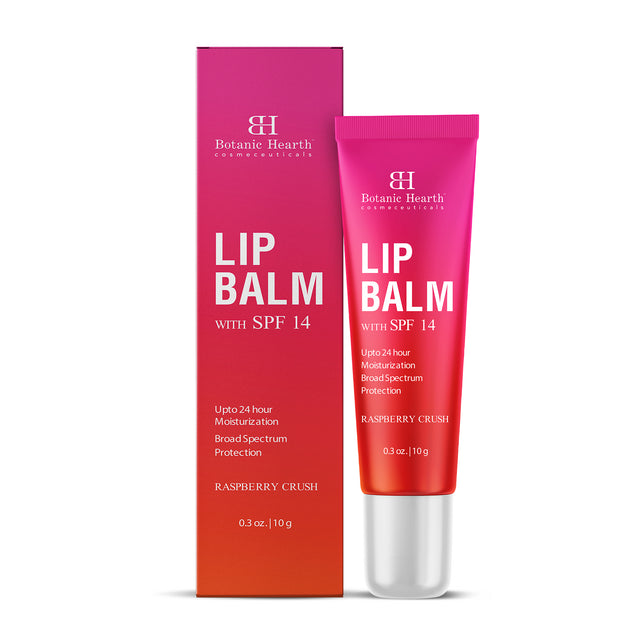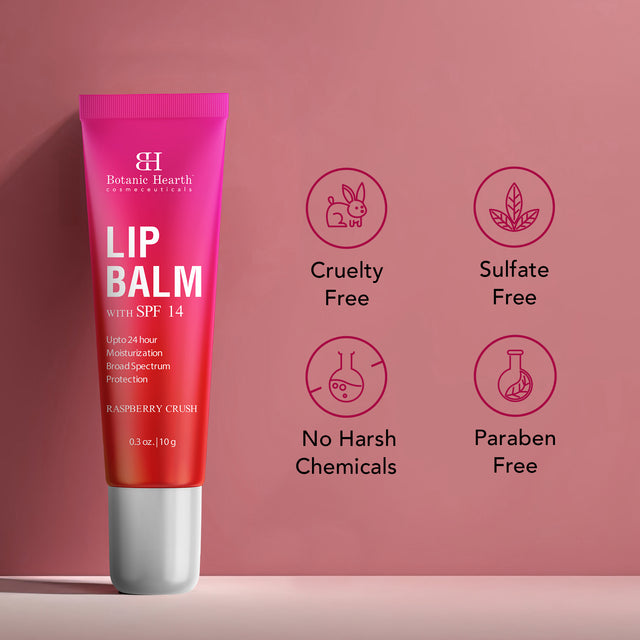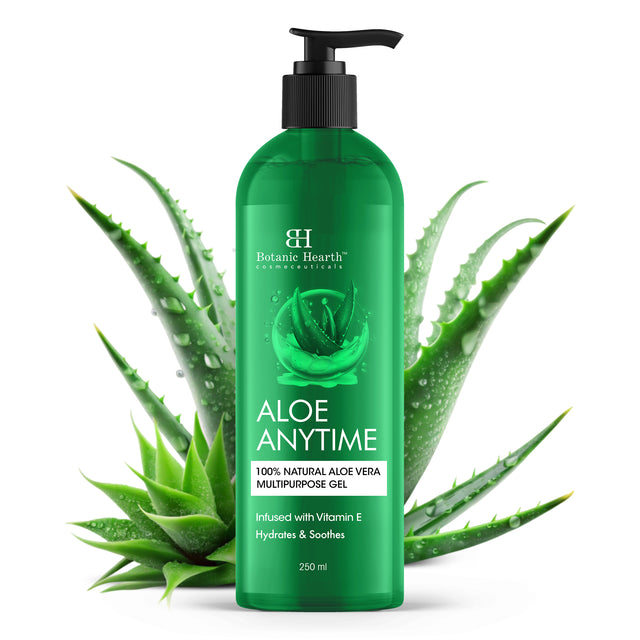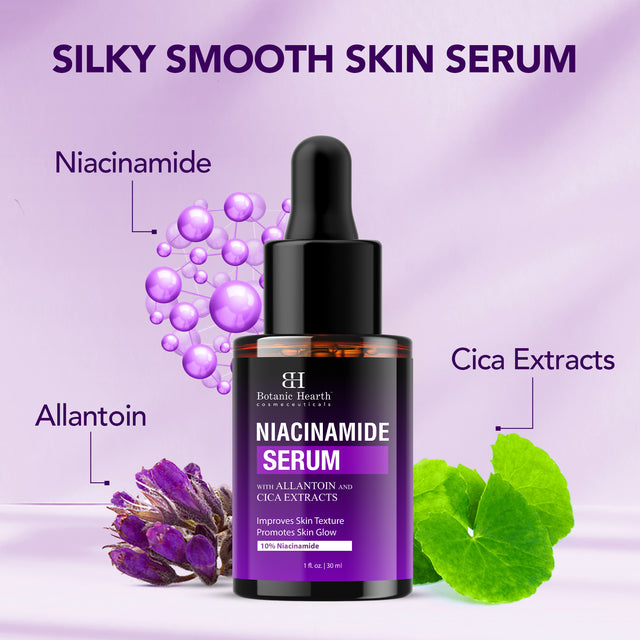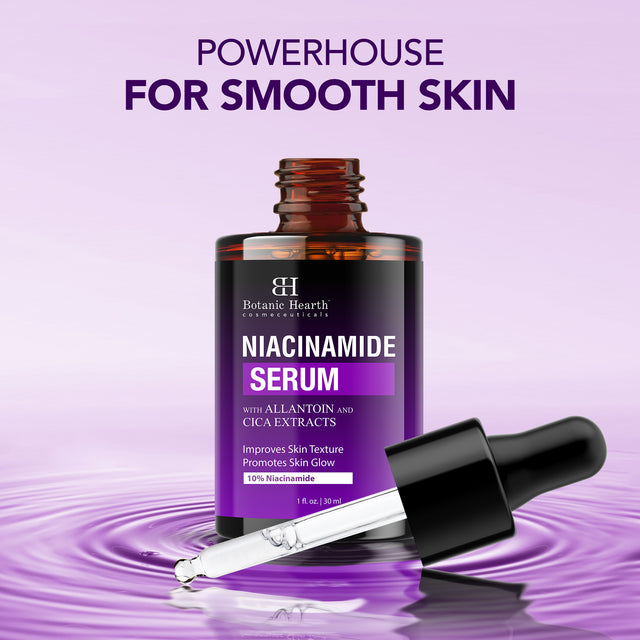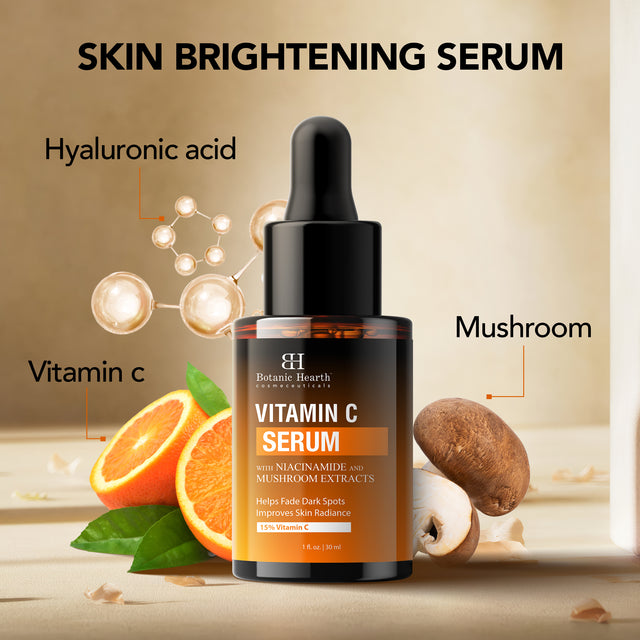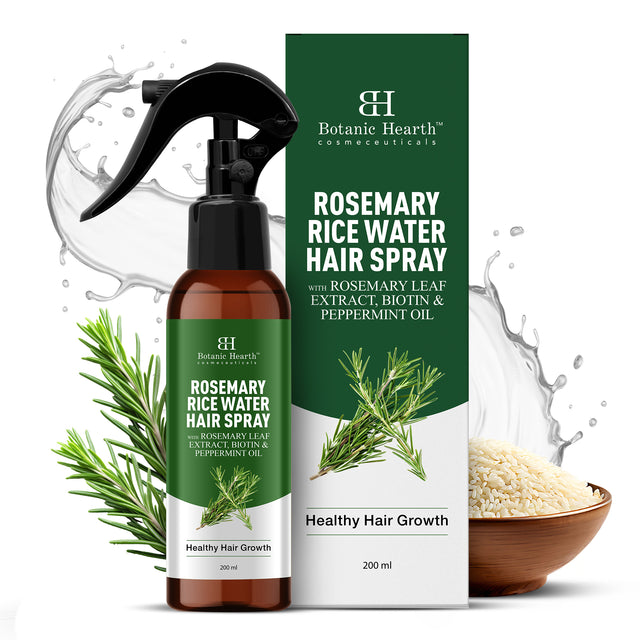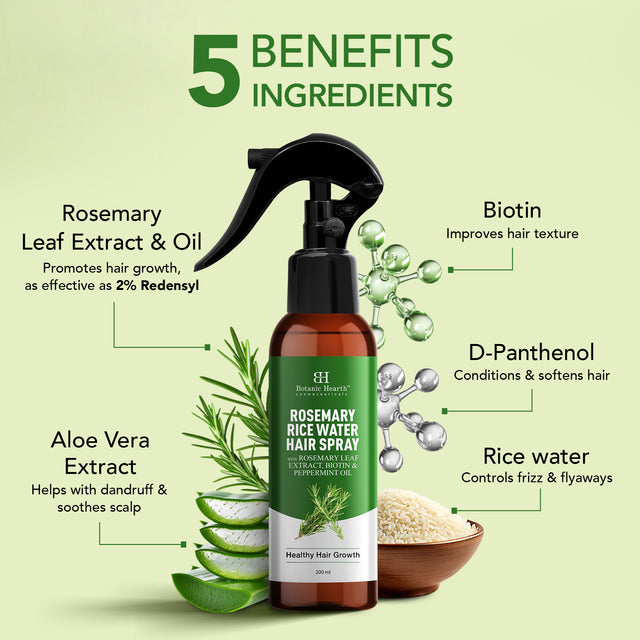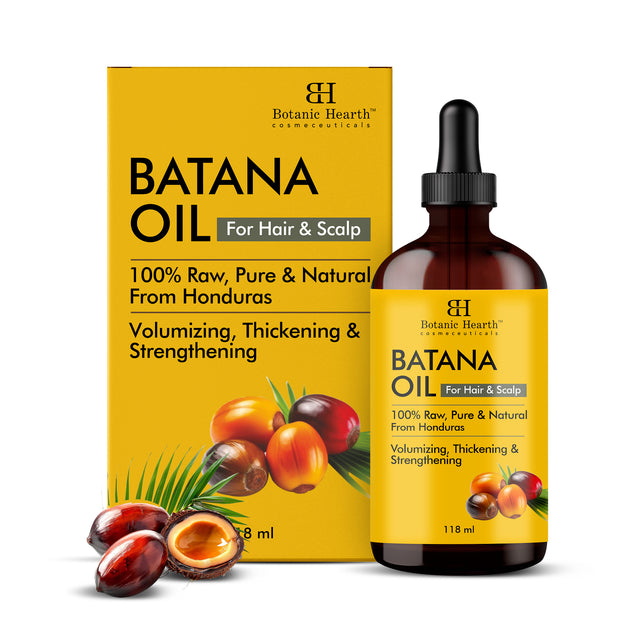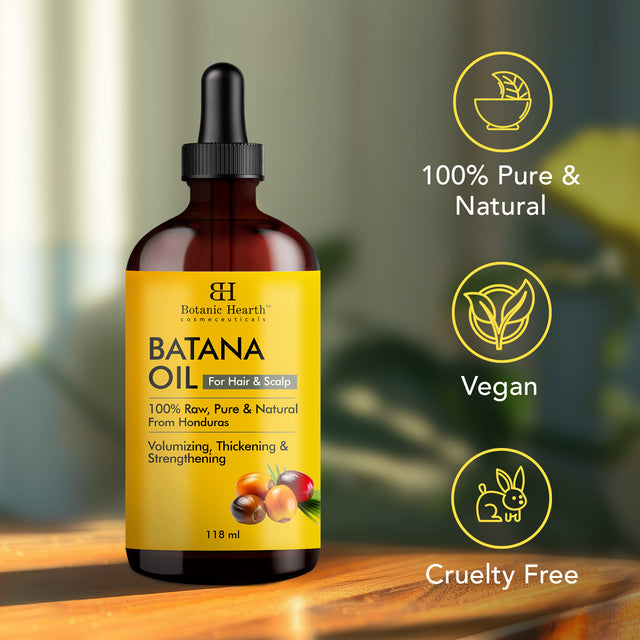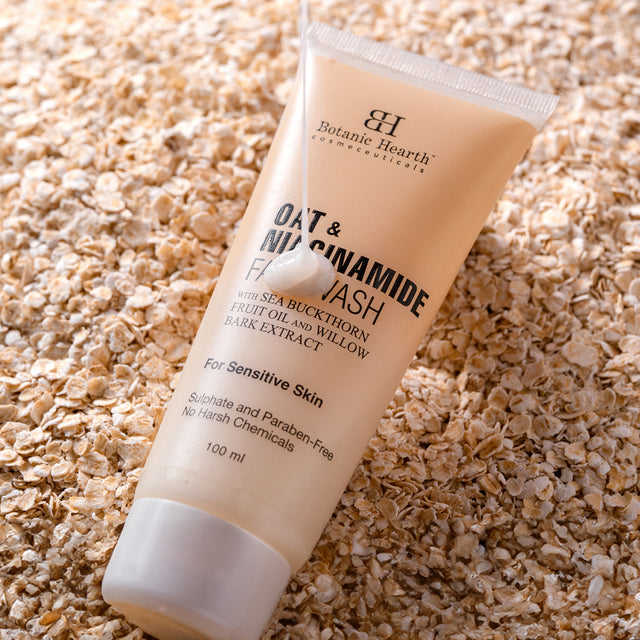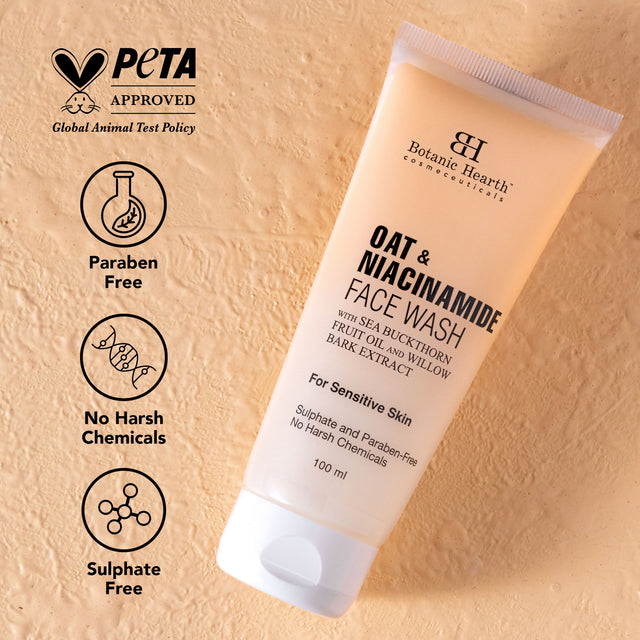
From the Latin rosmarinus, or ‘dew of the sea’, rosemary has woven in and out of our collective consciousness as a potent evergreen herb and aromatic used across the Mediterranean for a range of purposes. Considered sacred by the Greeks, Romans, and Egyptians, rosemary carries with it a history of benefits that might be useful and applicable in our lives today.
Rosemary was symbolic of the cycle of life and death, used in most religious occasions, celebrations, and ceremonies across cultures. Its products, like rosemary oil, became incorporated into Mediterranean cuisine, as incense, and as a talisman that warded off evil spirits. It’s clear that it held a great level of importance, in both the literal and mystic senses.
The father of modern medicine, Paracelsus, hailed rosemary as an important part of alternative botanical medicine because of its ability to remedy many ailments across the body, and has been traditionally used to ease muscle discomfort and improve memory.

Tradition across culture has involved the use of natural remedies and sources like rosemary, but can it compete with scientific rigour and proof that builds most pharmaceutical and wellness products today? That’s where this herb stands the test of time, with many studies showing that there is, in fact, a reason why rosemary has been (and will continue to remain) popular.
Studies have shown the restorative effects of rosemary extract on mental health, memory, and cognition, as anti-aging for skin, and even as an effective oil for hair growth, uniting the sacred and scientific to present rosemary as a versatile and powerful herb that definitely has some solutions in store for you.
Whether you use it in cooking, on your skin, as an extract or as an oil, rosemary carries with a history of benefit that has endured through centuries, truly evergreen in every single way.

